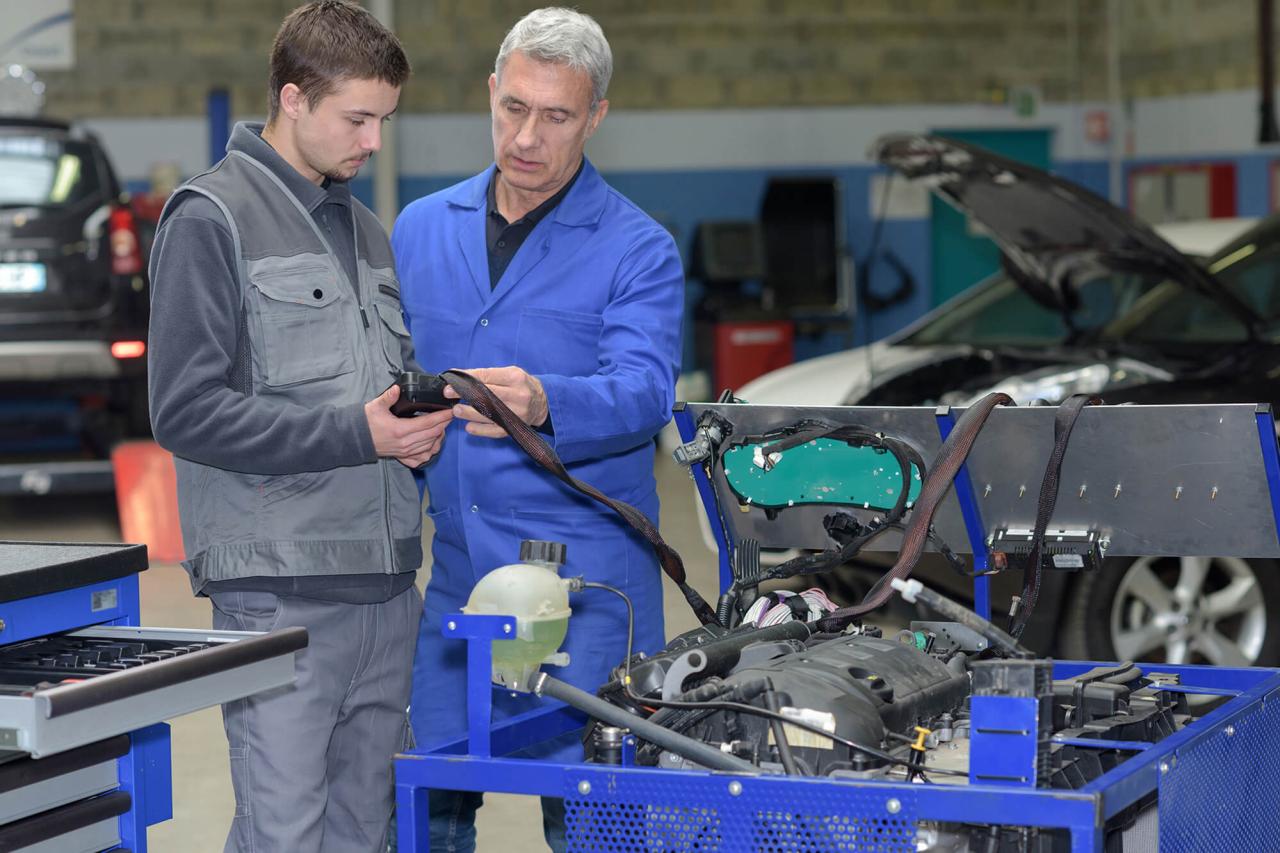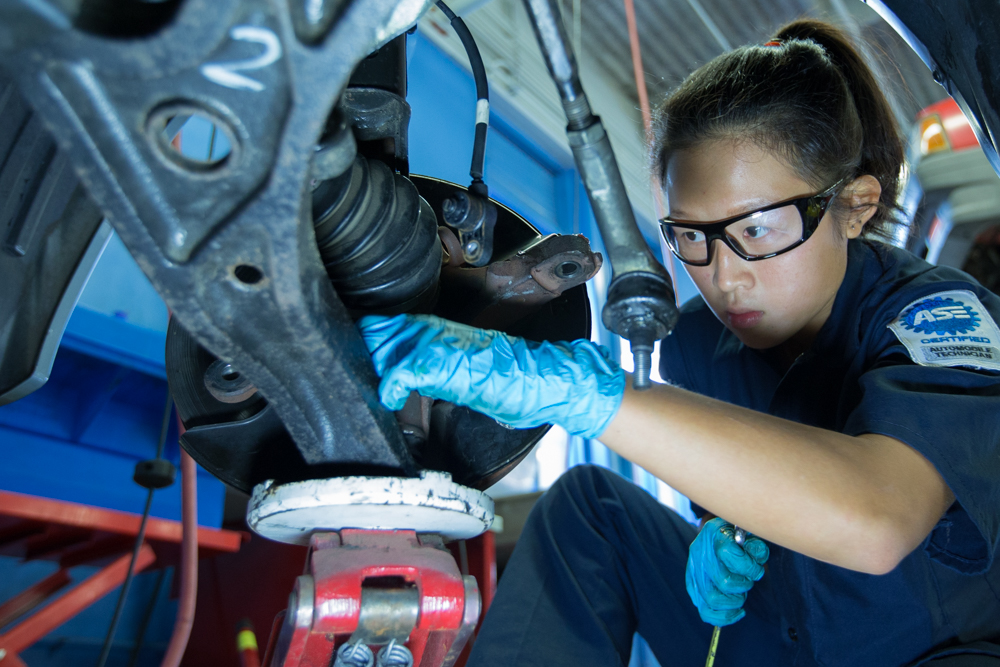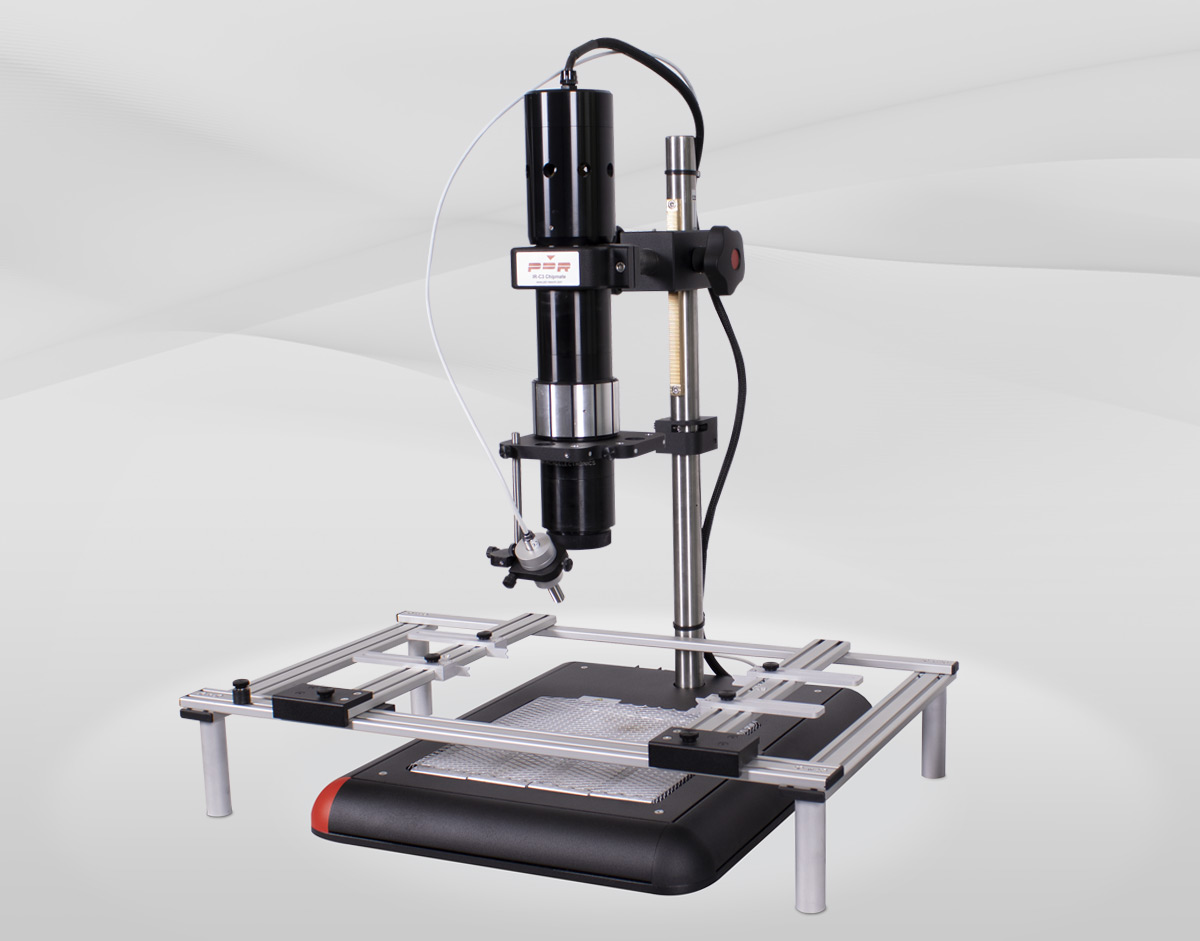Automotive Technology Careers: Driving the Future
Automotive technology careers are more than just fixing cars; they are at the forefront of a revolution shaping the way we drive. The rapid advancements in electric vehicles, autonomous driving, […]

Automotive technology careers are more than just fixing cars; they are at the forefront of a revolution shaping the way we drive. The rapid advancements in electric vehicles, autonomous driving, and connected car systems are transforming the industry, creating a surge in demand for skilled professionals.
From software engineers to mechanics, the automotive technology field offers diverse opportunities for individuals with a passion for innovation and a desire to contribute to a rapidly evolving sector.
The Rise of Automotive Technology

The automotive industry is experiencing a period of rapid transformation, driven by advancements in technology that are reshaping how vehicles are designed, manufactured, and used. These advancements are not only changing the industry itself but also creating new opportunities and challenges for the workforce.
Impact of Advancements on the Industry
The rapid advancements in automotive technology have significantly impacted the industry, leading to increased efficiency, safety, and sustainability.
- Increased Efficiency: Advancements in engine technology, such as direct injection and turbocharging, have led to improved fuel efficiency and reduced emissions.
- Enhanced Safety: Features like lane departure warning, adaptive cruise control, and automatic emergency braking have made vehicles safer for drivers and passengers.
- Sustainability: The development of electric vehicles (EVs) and hybrid vehicles has reduced reliance on fossil fuels and decreased greenhouse gas emissions.
Key Technologies Driving Innovation
Several key technologies are driving innovation in the automotive industry. These technologies are changing the way we think about and interact with vehicles.
- Electric Vehicles (EVs): EVs are powered by electricity, reducing reliance on fossil fuels and emissions. The increasing availability of charging infrastructure and the growing range of EV models have made them more attractive to consumers.
- Autonomous Driving: Autonomous driving systems use sensors, cameras, and artificial intelligence (AI) to navigate and control vehicles without human intervention. The development of autonomous driving technology is still in its early stages, but it has the potential to revolutionize transportation.
- Connected Car Systems: Connected car systems use telematics and internet connectivity to provide drivers with information, entertainment, and safety features. These systems can also collect data on vehicle performance and driver behavior, enabling better maintenance and safety.
In-Demand Automotive Technology Careers

The automotive industry is rapidly evolving, driven by advancements in technology and a growing demand for sustainable and connected vehicles. This evolution has created a surge in demand for skilled professionals in various automotive technology fields.
Automotive Software Engineers
Software engineers are crucial in developing and implementing the software that powers modern vehicles. These professionals are responsible for designing, coding, and testing software for various vehicle systems, including infotainment, driver-assistance systems, and autonomous driving features.
- Skills and Qualifications: Automotive software engineers typically possess a bachelor’s degree in computer science, software engineering, or a related field. They must have strong programming skills in languages such as C++, Python, and Java, along with experience in embedded systems and real-time operating systems.
- Job Responsibilities: They are responsible for developing, debugging, and maintaining software for vehicle systems, collaborating with other engineers to ensure seamless integration, and adhering to industry standards and safety regulations.
- Career Path: Automotive software engineers can progress to roles such as senior software engineer, software architect, or team lead. They may also specialize in specific areas, such as autonomous driving software or cybersecurity.
Automotive Technicians
Automotive technicians play a vital role in maintaining and repairing vehicles, ensuring their safe and efficient operation. They are responsible for diagnosing and troubleshooting mechanical and electrical issues, performing routine maintenance, and installing and repairing vehicle components.
- Skills and Qualifications: Automotive technicians typically possess a high school diploma or equivalent and complete a technical training program. They must have strong mechanical and electrical skills, as well as a thorough understanding of automotive systems and diagnostic tools.
- Job Responsibilities: They are responsible for inspecting, diagnosing, and repairing vehicles, replacing parts, performing maintenance tasks, and using diagnostic equipment to identify and resolve problems.
- Career Path: Automotive technicians can specialize in specific areas, such as engine repair, transmission repair, or electrical systems. They can also progress to roles such as service manager, shop foreman, or technical specialist.
Automotive Electricians, Automotive technology careers
Automotive electricians specialize in the electrical systems of vehicles, including wiring, sensors, and electronic control units (ECUs). They are responsible for installing, maintaining, and repairing electrical components, ensuring the proper functioning of vehicle systems.
- Skills and Qualifications: Automotive electricians typically have a high school diploma or equivalent and complete an apprenticeship or technical training program. They must have a strong understanding of electrical circuits, wiring diagrams, and diagnostic tools, as well as experience in troubleshooting electrical problems.
- Job Responsibilities: They are responsible for installing, maintaining, and repairing electrical components, diagnosing and troubleshooting electrical problems, and using diagnostic tools to identify and resolve issues.
- Career Path: Automotive electricians can specialize in specific areas, such as hybrid and electric vehicle systems or advanced driver-assistance systems. They can also progress to roles such as supervisor, technical specialist, or service manager.
Ending Remarks: Automotive Technology Careers
As the automotive industry continues its journey toward a future of sustainable and intelligent transportation, the demand for skilled automotive technology professionals will only increase. With the right education and training, individuals can carve successful and rewarding careers in this dynamic and exciting field, shaping the future of mobility and driving innovation forward.
Automotive technology careers are a great choice for those who are passionate about cars and have a strong understanding of mechanics. These careers often require a solid foundation in STEAM (Science, Technology, Engineering, Art, and Mathematics), which is a multidisciplinary approach to learning that emphasizes creativity and problem-solving.
STEAM principles are crucial for developing innovative solutions in the automotive industry, whether it’s designing fuel-efficient engines, developing advanced safety systems, or creating cutting-edge electric vehicles.









